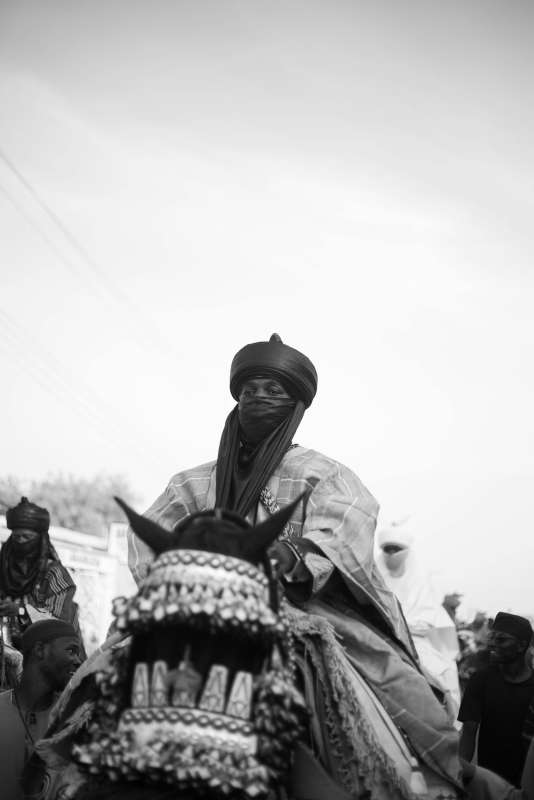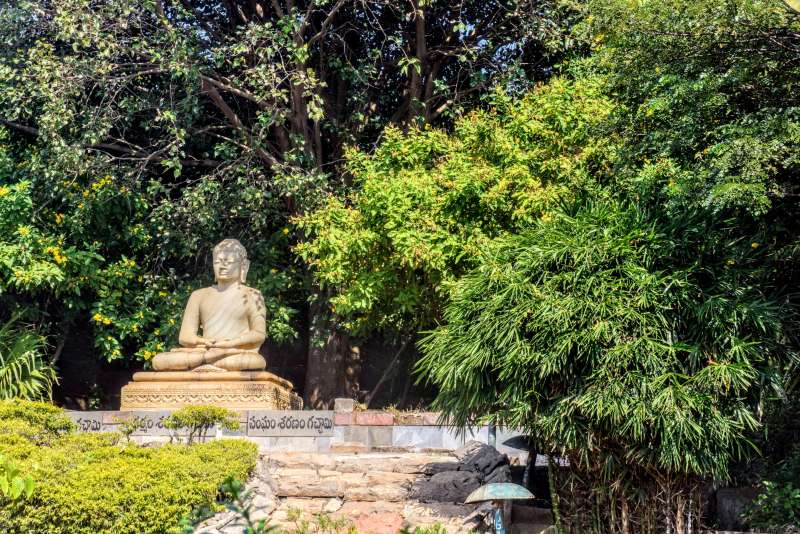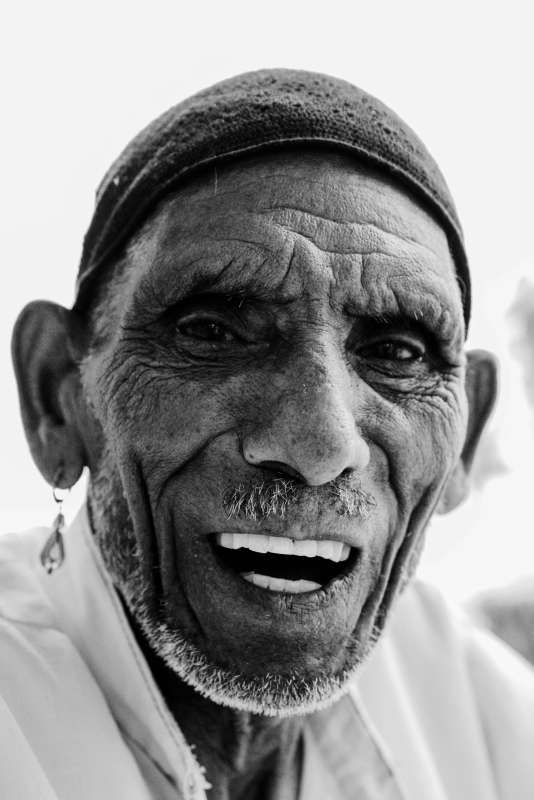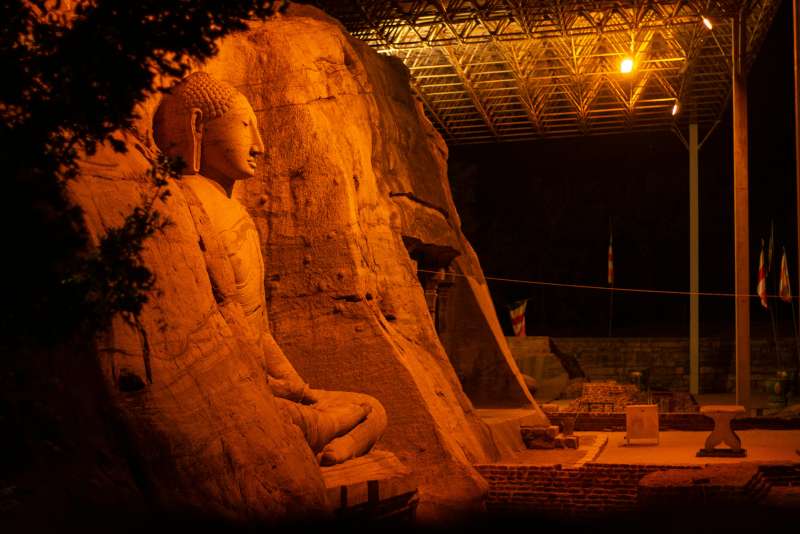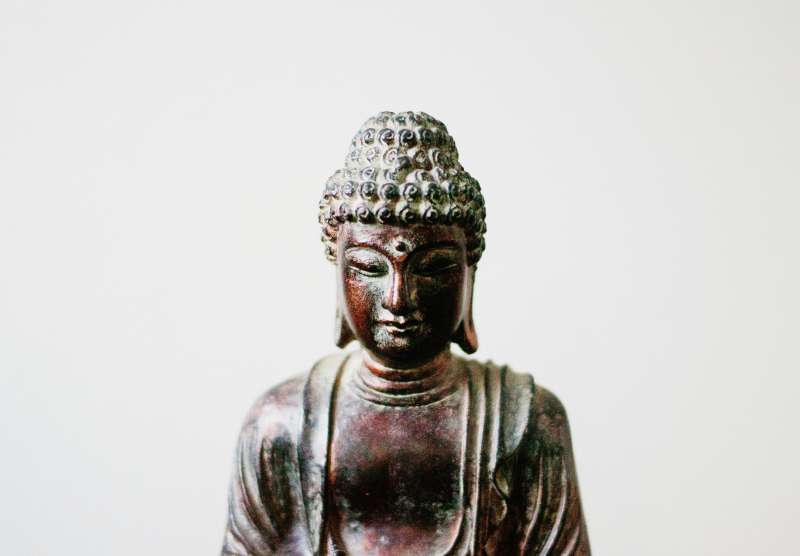Homowo: The Festival that Mocks Famine
Published on: April 24, 2025
Homowo, a festival celebrated by the Ga people in Ghana, is a unique celebration that holds a deep cultural significance. The festival, whose name translates to "mocking hunger" or "mocking famine", is a joyful occasion that marks the Ga people's victory over a historical period of extreme famine. In this article, we explore the history, rituals, and cultural importance of Homowo, along with a personal account of the celebration.
The Historical Roots of Homowo
The origins of the Homowo festival date back to a period of great hardship for the Ga people. According to local legends, a severe famine once struck the land, causing widespread hunger and suffering. The famine lasted for several years, and the Ga people struggled to survive. However, they eventually overcame the crisis by learning to grow maize, which became their primary staple food. This triumph over hunger is what the Homowo festival commemorates.
The Ga people believe that the famine was a divine test, and their ability to overcome it is seen as a testament to their resilience and perseverance. The festival is not just about remembering the past, but also about celebrating the abundance and prosperity that the community enjoys today. The symbolic meaning behind Homowo is deeply rooted in the shared experience of survival, hope, and unity.
In the heart of the Ga community, every member, young and old, has a role to play in the festivities. The passing of this tradition from one generation to the next is a reminder of how deeply embedded the legacy of the famine and its overcoming is in the cultural identity of the Ga people. The festival has not only survived the test of time but has also grown in significance, becoming a symbol of the strength and solidarity of the Ga people.
The Rituals of Homowo
Homowo is celebrated with a series of rituals that have been passed down through generations. One of the key elements of the festival is the planting of maize, which symbolizes the Ga people's victory over famine. The planting is done with great reverence, and it is often accompanied by prayers and offerings to the gods for continued prosperity. The sacredness of this ritual lies in its focus on maize, which was once a scarce resource during the famine. The act of planting maize now signifies an abundant future for the community, free from the hunger they once knew.
The planting of maize is not just a physical act of sowing seeds into the ground, but it is also a spiritual endeavor. It is believed that the seeds planted during Homowo carry the blessings of the gods, and that the resulting harvest will be plentiful. This practice has deep spiritual and symbolic significance, as it serves as a reminder of the importance of maintaining harmony between the earth and the divine forces that govern the land.
Another important ritual is the preparation and sharing of a special dish called kpoikpoi. This dish is made from maize and palm oil and is traditionally served to mark the end of the famine. Kpoikpoi is offered to the gods and shared with friends, family, and neighbors as a symbol of unity and abundance. The sharing of food is a central aspect of the Homowo festival, as it fosters a sense of community and togetherness. Kpoikpoi, with its rich and flavorful taste, has become synonymous with the festival itself, and its preparation is treated with great care and respect.
The preparation of kpoikpoi is done in large communal pots, and it takes a village to cook it. This communal aspect of the festival underscores the values of unity, cooperation, and mutual support that are integral to the Ga way of life. The dish is not just a meal; it is a symbol of the abundance that the Ga people now enjoy, and it represents the triumph of their ancestors over the famine that once plagued them.
Throughout the festival, the Ga people engage in musical processions, dancing, and singing. These processions are led by traditional drummers and are accompanied by chanting and the playing of various instruments. The music serves as both a celebration of the harvest and a form of thanksgiving for the bounty that the community has received. The lively rhythms and jubilant songs reflect the joy and gratitude that permeate the festival, as the Ga people come together to honor their shared history and culture.
The Significance of Homowo
Homowo is not just a celebration of food and abundance; it is also a time for reflection on the importance of community and resilience. The festival allows the Ga people to come together and honor their shared history, while also reinforcing their cultural identity. It is a reminder that even in the face of adversity, the Ga people have always found a way to survive and thrive. The festival serves as a symbol of hope and perseverance, reminding the Ga people that no matter how difficult the circumstances may be, there is always the possibility of renewal and growth.
In addition to its cultural significance, Homowo has also become an important social event. It brings together people from all walks of life, and it is a time for reconnecting with family, friends, and neighbors. The festival fosters a sense of unity and solidarity, as people join together to celebrate their shared heritage and the triumphs of the past. It is a time to remember the struggles of their ancestors and to give thanks for the blessings that they now enjoy.
Homowo also provides an opportunity for the Ga people to pass down their cultural traditions to the younger generation. The rituals, music, and food associated with the festival are taught to children, ensuring that the cultural practices and values of the Ga people are preserved for future generations. In this way, Homowo serves as a living connection between the past, present, and future, and it helps to strengthen the bonds that hold the Ga community together.
A Personal Account of Homowo
To gain a deeper understanding of the Homowo festival, we spoke with a local Ga resident, Kwame Nkrumah, who shared his personal experiences of the celebration.
"Homowo is the highlight of the year for our community," says Kwame. "We start preparing for the festival months in advance, planting maize and gathering the ingredients for kpoikpoi. It's a time when everyone comes together to celebrate, and it's a beautiful reminder of how far we've come. My family has always participated in the rituals, and I remember as a child being so excited to dress up and join the processions with my friends."
Kwame also emphasized the importance of the festival in teaching younger generations about their heritage. "Homowo is not just about having fun," he says. "It's about passing down our traditions and values to the next generation. It helps us remember where we come from and how we've overcome challenges together."
Kwame's story reflects the deep sense of pride and joy that the Ga people feel during Homowo. For him, the festival is more than just a cultural event; it is an affirmation of his identity and a connection to his ancestors. The memories of Homowo are passed down through generations, ensuring that the legacy of the festival will continue to thrive.
Homowo is a festival that celebrates resilience, unity, and abundance. It serves as a powerful reminder of the Ga people's victory over famine and their enduring spirit. The rituals, music, and community gatherings during the festival are a testament to the importance of culture and tradition in shaping identity. As the Ga people continue to celebrate Homowo, they honor their past while embracing a future filled with hope and prosperity. The festival is not only a celebration of survival but also a declaration that the Ga people have triumphed over adversity, and their culture will continue to flourish for generations to come.
